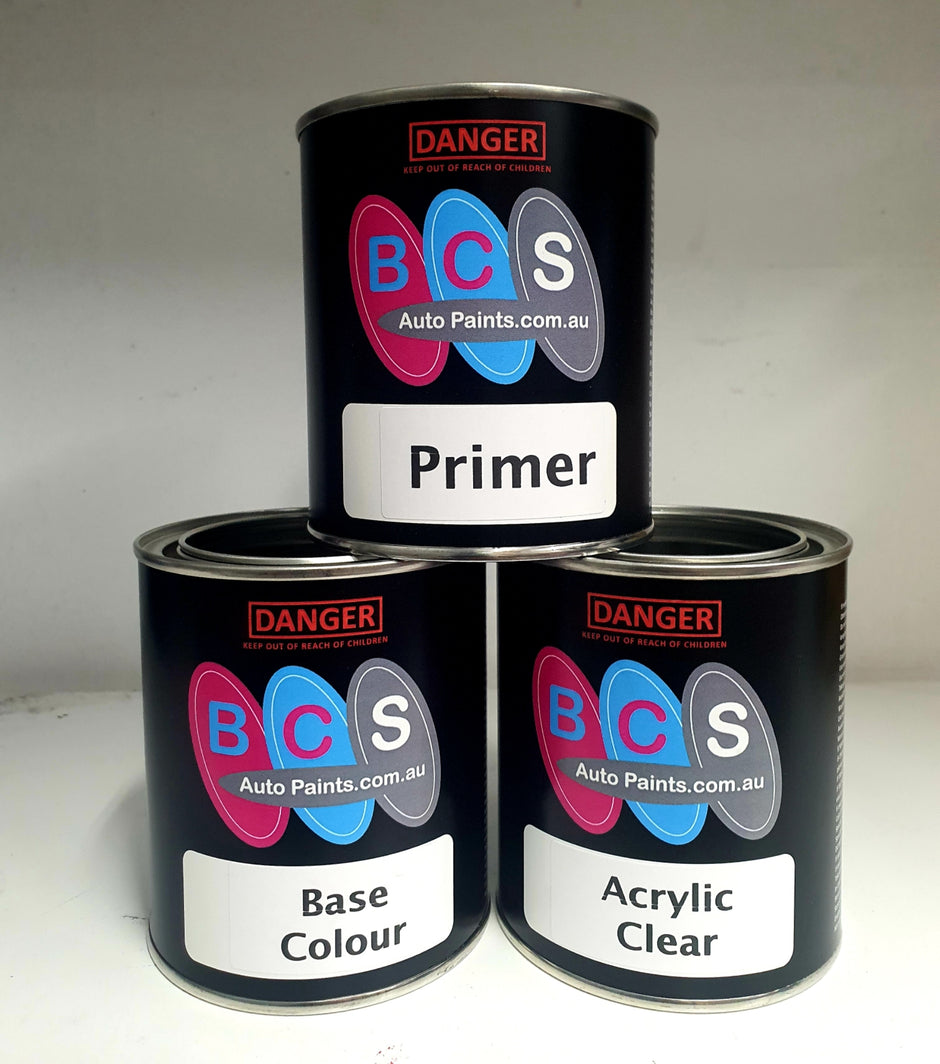The Essential Guide to Choosing the Right Paint for Cars
Whether you're a car enthusiast looking to spruce up your ride or a professional auto painter aiming for a flawless finish, selecting the right paint for cars is crucial. The paint not only enhances the aesthetics but also protects the vehicle from corrosion and environmental damage. With a myriad of options available, navigating through the world of automotive paints can be daunting. However, understanding the basics can help you make an informed decision.
Types of Automotive Paints: There are primarily three types of paints used in automotive applications: acrylic, enamel, and urethane. Acrylic paints are known for their quick drying time and ease of application but may lack durability. Enamel paints offer better durability and a glossy finish, making them a popular choice. Urethane paints, on the other hand, provide excellent durability and resistance to chemicals and weathering, albeit requiring more skill to apply.
Basecoat/Clearcoat Systems: The basecoat/clearcoat system is a popular choice in modern automotive painting. The basecoat provides color, while the clearcoat adds depth, gloss, and protection. This system allows for customization of color and finish while ensuring durability and longevity.
Water-Based vs. Solvent-Based Paints: Traditionally, automotive paints were solvent-based, containing volatile organic compounds (VOCs). However, with increasing environmental concerns, water-based paints have gained popularity due to their lower VOC content and reduced environmental impact. While solvent-based paints may offer superior durability, water-based paints are becoming more advanced and offer comparable performance in many cases.
Considerations for DIYers: If you're planning a DIY paint job, consider factors such as ease of application, availability of equipment, and safety precautions. Water-based paints are generally safer to use due to lower toxicity levels, but proper ventilation and protective gear are still essential. Additionally, choose a paint system that matches your skill level to achieve satisfactory results.
Professional Application: Professional auto painters have access to advanced equipment and expertise, allowing for flawless finishes and customization options. When opting for professional services, discuss your preferences and expectations with the painter to ensure the desired outcome.
Color Matching and Customization: Color matching is crucial to achieve a seamless finish, especially for touch-up jobs or partial repaints. Many paint suppliers offer computerized color matching systems to accurately replicate the vehicle's original color. Additionally, custom color options allow for personalization and uniqueness, catering to individual preferences.
Durability and Protection: Beyond aesthetics, automotive paint serves as a protective barrier against corrosion, UV radiation, and environmental contaminants. High-quality paints with UV inhibitors and corrosion-resistant properties offer long-lasting protection, preserving the vehicle's appearance and structural integrity.
Maintenance and Care: Proper maintenance and Touch Up Paint For Cars are essential to prolong the life and vibrancy of automotive paint. Regular washing, waxing, and applying paint sealants help protect the paint from environmental damage and maintain its luster. Avoid abrasive cleaners or techniques that may cause scratches or swirl marks.

Comments
Post a Comment